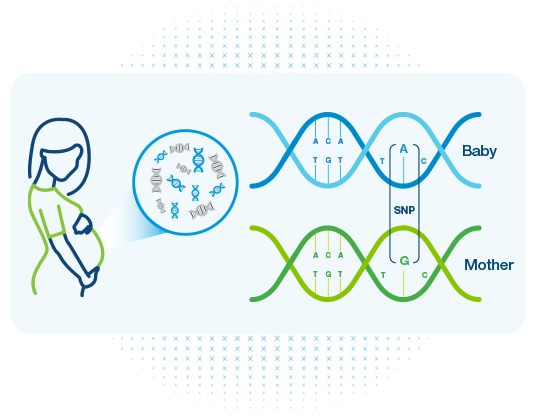How Long Does Natera Test Take

The agonizing wait for results after undergoing genetic testing can feel like an eternity, especially when the health of a developing baby or the potential for inherited diseases hangs in the balance. For many expectant parents and individuals seeking crucial health information, the question of turnaround time for tests like those offered by Natera becomes paramount, adding to an already stressful experience.
This article delves into the typical timelines associated with Natera's most commonly used tests, examining factors that can influence result delivery, and offering insights into managing expectations throughout the process. Understanding the nuances of testing timelines can empower patients and healthcare providers to better plan and prepare for the critical information these tests provide.
Understanding Natera's Testing Portfolio
Natera is a leading genetic testing company known for its non-invasive prenatal testing (NIPT), carrier screening, and cancer screening tests. Their portfolio includes Panorama (NIPT), Vistara (microdeletion screening), Horizon (carrier screening), and Signatera (cancer monitoring), among others. Each test has a specific methodology and, consequently, a distinct processing time.
Typical Turnaround Times
Generally, Natera advertises a turnaround time of 7-10 calendar days for most of their tests, starting from when the lab receives the sample. This timeline is an estimate and can fluctuate depending on various factors, including the specific test ordered and lab workload. It's crucial to understand what this timeframe encompasses.
For the Panorama NIPT, one of Natera's most popular tests, the typical turnaround time is within that 7-10 day window. This test screens for common chromosomal abnormalities like Down syndrome (Trisomy 21), Edwards syndrome (Trisomy 18), and Patau syndrome (Trisomy 13).
Carrier screening tests, such as the Horizon Carrier Screen, also generally fall within the 7-10 day timeframe. These tests identify whether individuals are carriers for various genetic disorders, helping couples understand their risk of having a child with a genetic condition.
Cancer screening tests, like Signatera, which monitors circulating tumor DNA, may have slightly longer turnaround times, potentially extending beyond the 10-day mark in some cases. This is due to the complexity of the analysis required for detecting minimal residual disease.
Factors Influencing Turnaround Time
Several factors can affect the time it takes to receive Natera test results. These include:
- Sample Quality: Insufficient or compromised samples may require recollection, significantly delaying results.
- Lab Volume: Periods of high demand can increase processing times, particularly during peak seasons.
- Re-testing: Inconclusive results may necessitate re-testing, adding extra days to the process.
- Insurance Pre-authorization: Delays in insurance approval can sometimes hold up the testing process.
- Shipping Delays: Problems during sample transport to the lab can also impact the overall timeline.
Communication with your healthcare provider and Natera can help mitigate these potential delays. Proactive steps, such as ensuring accurate patient information and promptly addressing any issues flagged by the lab, are critical.
Natera's website states they are committed to providing timely and accurate results, acknowledging the anxiety surrounding the wait. They offer tools and resources to track sample status and provide updates on the testing progress.
Managing Expectations and Addressing Delays
It's essential for patients and healthcare providers to set realistic expectations regarding testing timelines. While Natera strives to adhere to its stated turnaround times, unforeseen circumstances can occasionally lead to delays.
If results are not received within the expected timeframe, the first step is to contact your healthcare provider. They can often access updates on the sample status through Natera's provider portal.
Patients can also contact Natera's customer support directly. They can inquire about their sample and understand the reason for any delays. However, due to privacy regulations, they might be limited in the information they can provide directly to the patient without physician authorization.
Open communication is key. Being proactive in contacting both the healthcare provider and the testing lab can help resolve issues and expedite the process.
The Future of Genetic Testing Turnaround Times
The field of genetic testing is constantly evolving, with advancements in technology and automation promising to reduce turnaround times in the future. Improvements in sequencing technology and data analysis are streamlining the testing process.
Companies like Natera are investing in these advancements to enhance efficiency and accuracy. The goal is to provide patients with timely and actionable information to guide their healthcare decisions.
Point-of-care genetic testing, while still in its early stages, holds the potential for even faster results in the future. This would allow for immediate decision-making in critical situations. These types of technological advances would transform genetic testing.
However, it’s important to balance the push for speed with the need for accuracy and quality. Validating new technologies and ensuring robust quality control measures are paramount in maintaining the integrity of genetic testing.
Conclusion
While Natera typically aims for a 7-10 day turnaround for most of its tests, various factors can influence the actual time it takes to receive results. Understanding these factors and maintaining open communication with healthcare providers and the lab can help manage expectations and address any potential delays.
As technology continues to advance, the future of genetic testing promises faster and more efficient results. This, in turn, empowers individuals and healthcare professionals with the information they need to make informed decisions about their health.
In the meantime, patience and proactive communication remain crucial for navigating the genetic testing process and ultimately obtaining the valuable insights these tests offer.


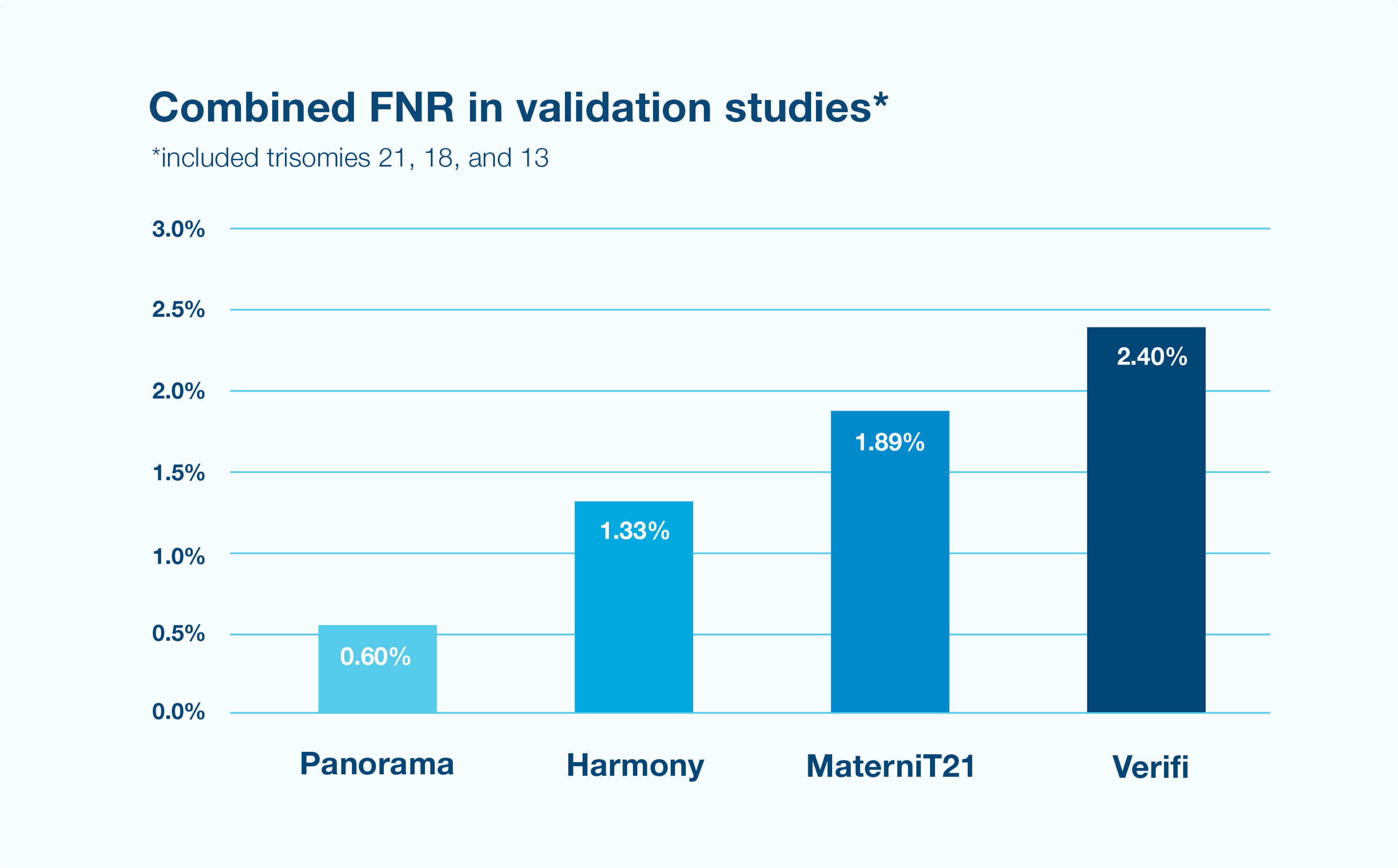
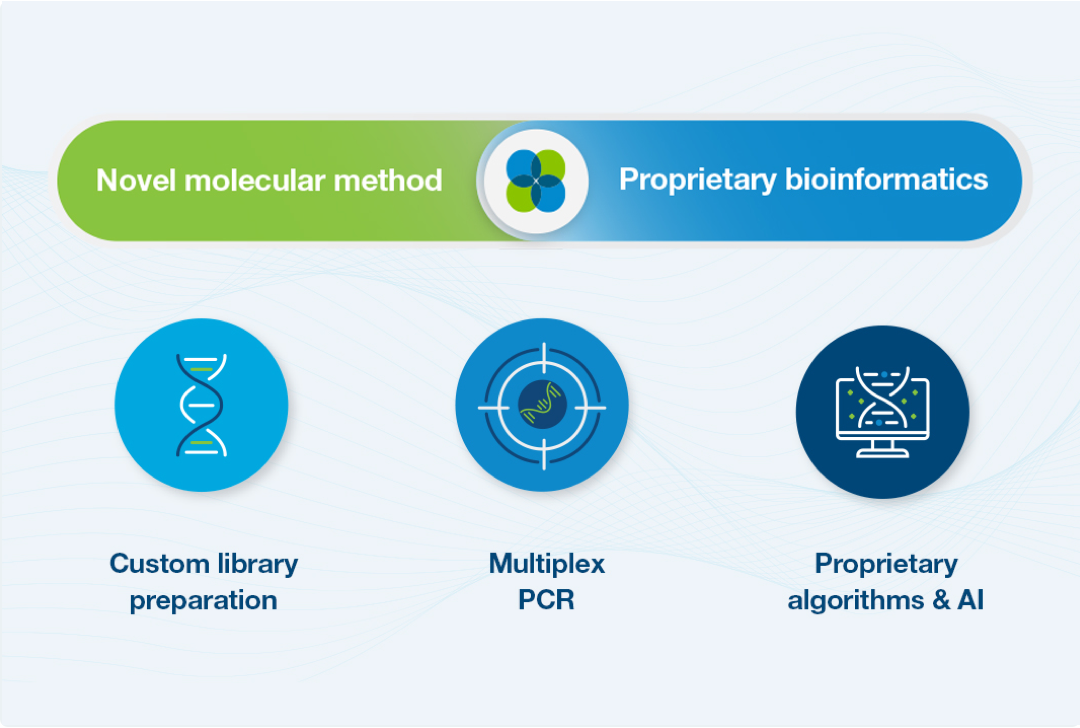



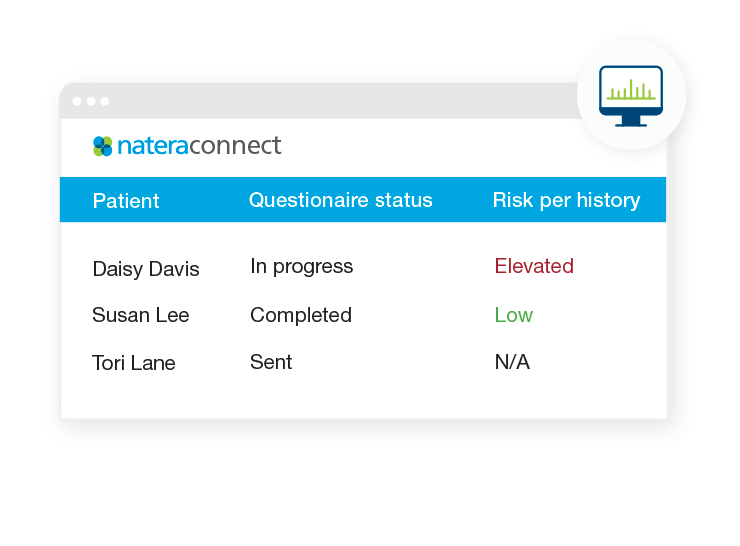
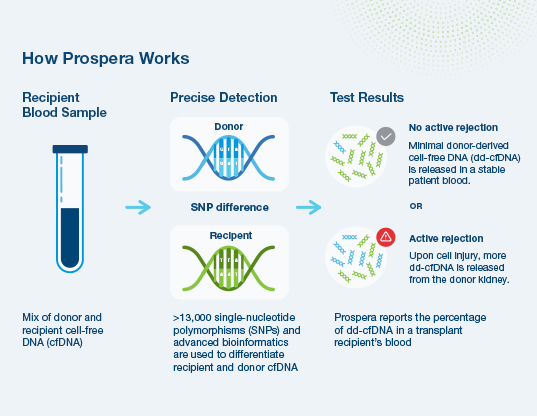
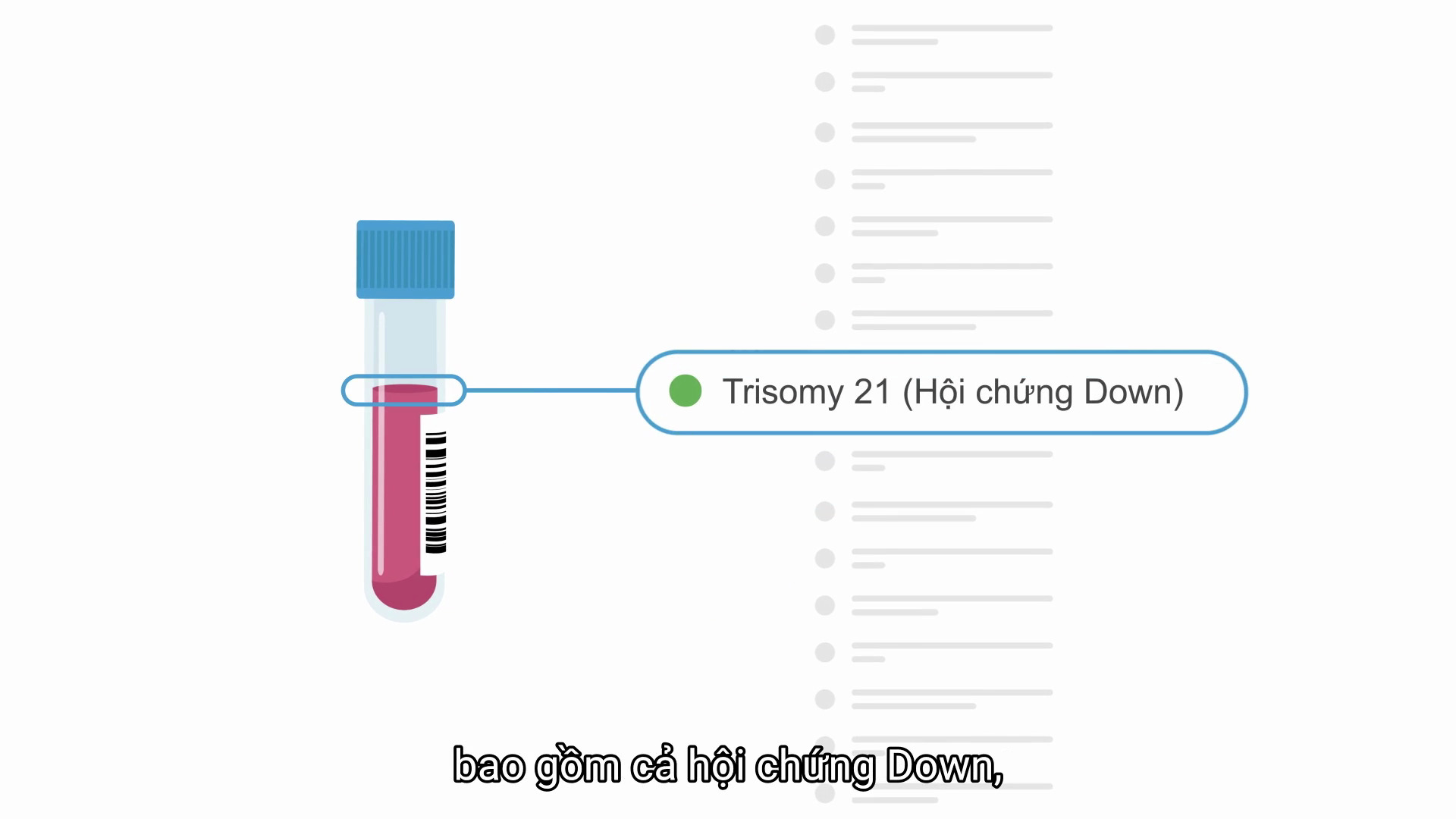

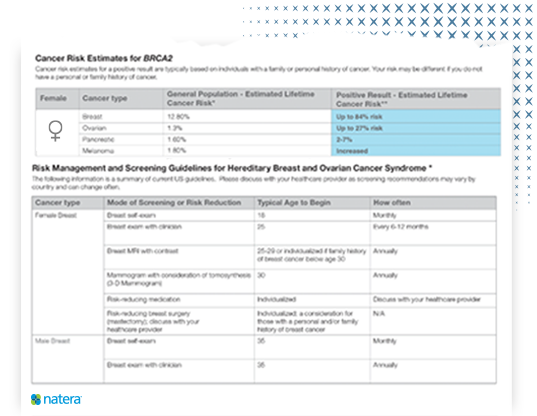

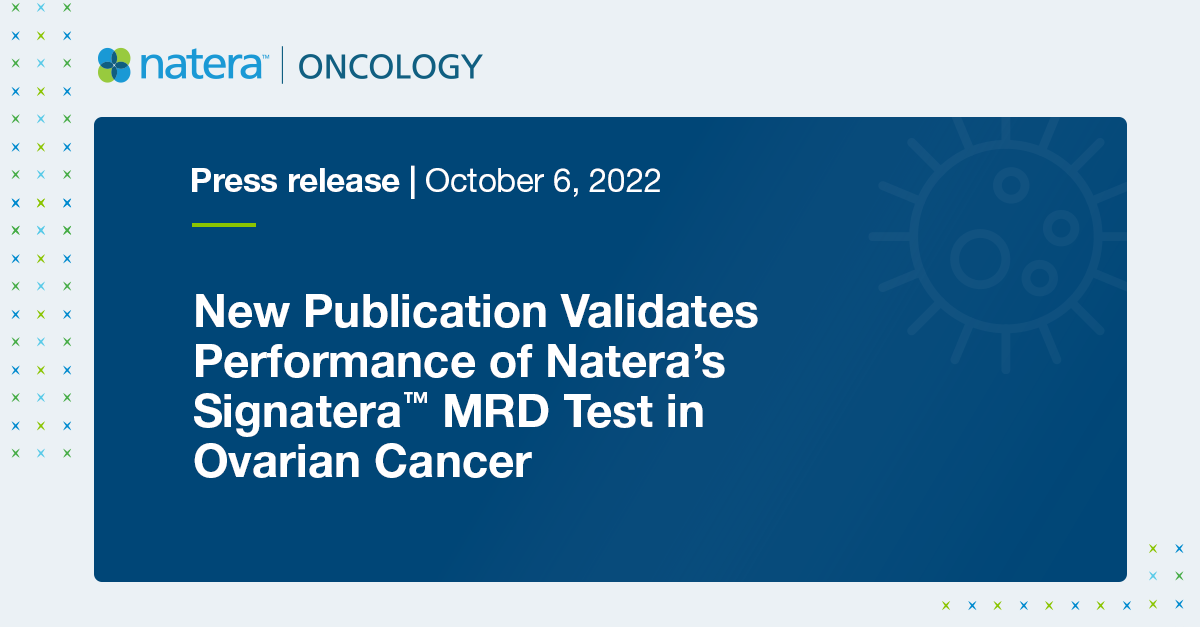
![How Long Does Natera Test Take Natera review - 7 facts you should know [NOVEMBER 2023]](https://nebula.org/blog/wp-content/uploads/2023/11/natera-kidney-test-1024x799.png)

